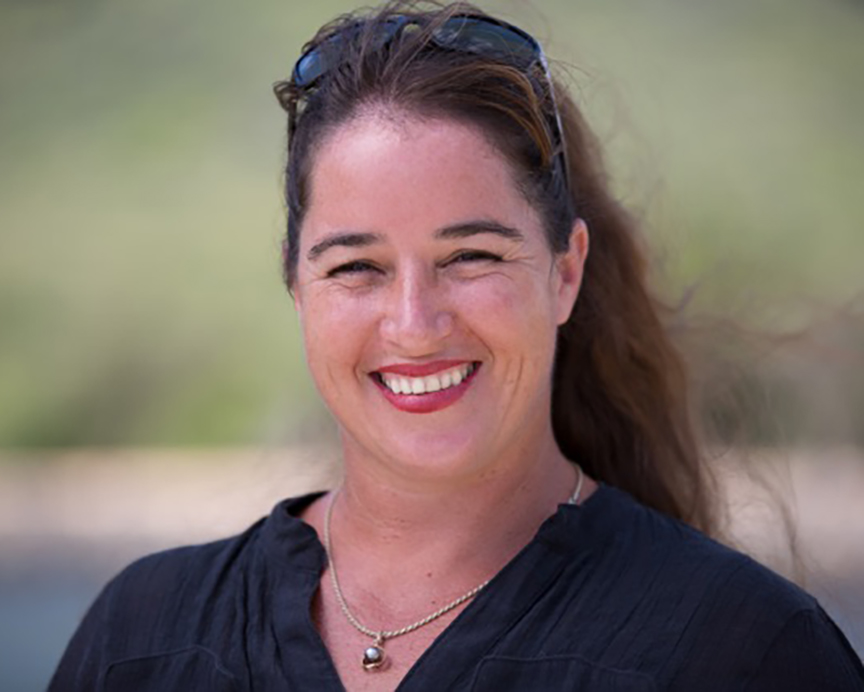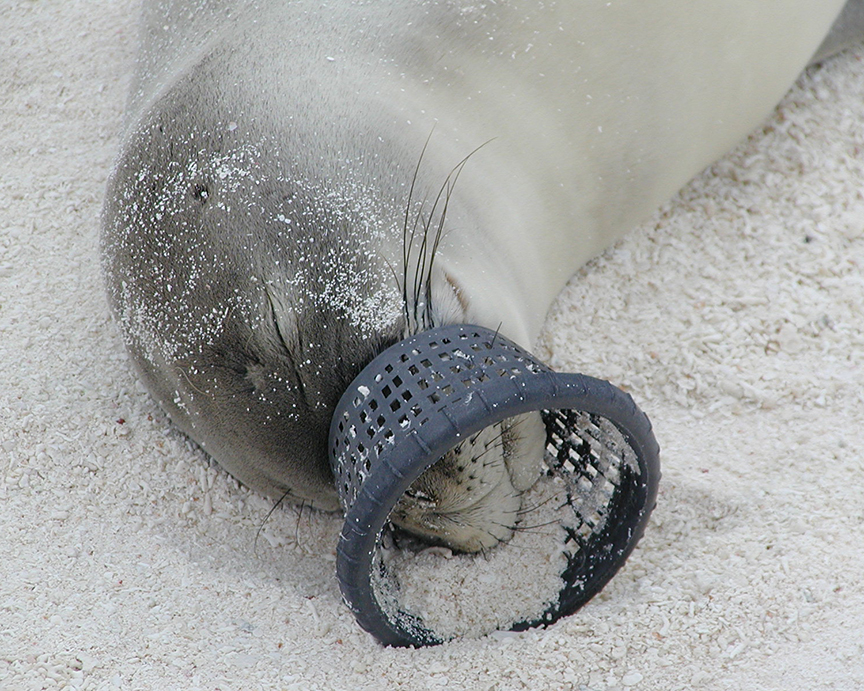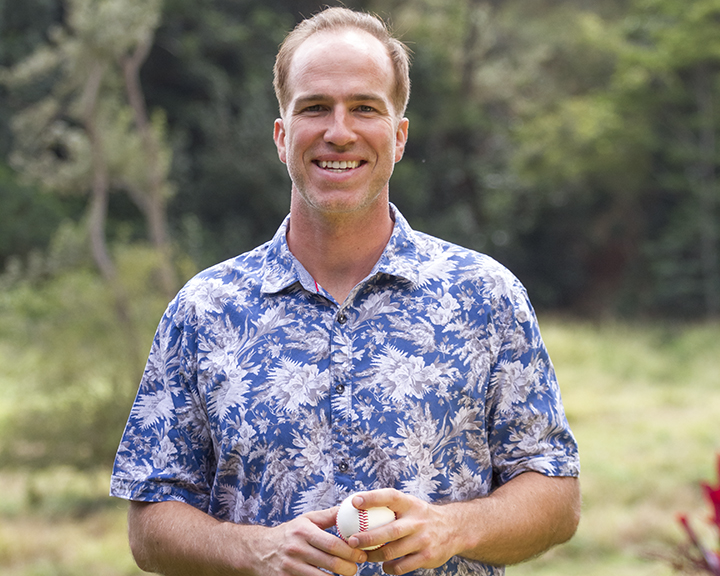By Léo Azambuja
 Together, their businesses add up to nearly 150 years of existence. They have seen Downtown Kapa‘a change with the times, but they didn’t just sit back — they changed with the town, each in their own way.
Together, their businesses add up to nearly 150 years of existence. They have seen Downtown Kapa‘a change with the times, but they didn’t just sit back — they changed with the town, each in their own way.
Ken Kubota, Winston Kawamoto and Jim Saylor are an indelible part of a small stretch of Old Kapa‘a Town between Pono Kai and Olympic Café, and area rich in history — and thriving businesses.
“We evolved as times evolved, as times changed, we had to reinvent (ourselves),” said Kubota, whose father bought Pono Market from Charlie Tamashiro back in 1968.
The agreement between Tamashiro and Kubota’s father — a simple handshake captured on a picture hanging at Pono Market — is still good to this day. Tamashiro died a few years ago, but the Kubotas still pay rent to his widow, Adele, who lives on O‘ahu.

Ken Kubota shows the handshake between his father and Charlie Tamashiro. There was no written contract for the sale of Pono Market and the rental of the building. That handshake is still good to this day — the Kubotas pay Tamashiro’s widow ‘whatever we can afford,’ Ken Kubota said.
The price of the rent, set during that handshake, is still the same; “whatever you can afford,” Kubota said.
“This is how they did business back then, shake hands, there was no contract,” he said.
A few doors down, Kawamoto said he has the same kind of deal with his next-door tenant, A. Ell Atelier.
Kawamoto’s father first opened his hardware and plumbing store in November 1964, fresh from a plumbing apprenticeship on O‘ahu. Over the years, he started selling Maytag appliances, then lawnmowers and Schwinn bicycles.
Back in the day, the only places to buy a new bicycle was either at Kawamoto’s or at another retailer in Hanapepe, Kaua‘i’s Westside.
Then big stores came to the island, and they stopped selling bicycles and lawnmowers. Finally, Maytag told the Kawamotos that in order to keep supplying appliances, they had to send at least 12 pieces at a time. That was more than 10 years ago, and since then, Kawamoto, who kept his father’s tradition alive, only does repairs.
His doors are open from 9 a.m. to 12 p.m. When he is not answering calls for repairs, he fills his days painting portraits and landscapes. A quick glance at the store, completely filled with elaborate paintings and artistic photographs, makes it difficult to imagine why he didn’t pursue a career in art.
Saylor, owner of Jim Saylor Jewelers, was the last of the three to open up shop in that little stretch.
“Kapaa town has seen so many changes, and still, there’s a few of us here who go way, way back,” said Saylor, whose business has survived — and thrived — through the test of times and two hurricanes, due to hard work and a keen eye for quality and service.
He arrived on Kaua‘i in April 1976, coming from San Francisco, Calif. Two weeks later, he set up a working bench in the back of Seabird Store, which used to sell puka shells, slippers, bikinis and some jewelry.
Soon, Saylor started knocking on doors of jewelry stores around the island, offering to do jewelry sizings and repairs. At some point, the increasing workload caused him to stay put and only take work coming to his shop.
In the 1980s, Saylor moved to the front of the store, where he now sells jewelry from all over the world. But his specialty — and the lure for new and returning Mainland customers — are the custom jewelry he designs and creates right there in his workshop in the back of the store.
“We have just about any type of jewelry equipment anyone would ever need, and design and create just about anything right here on premises,” said Saylor, adding he works with customers to create exactly what they want.
Despite being on island — and in business — for 38 years, when Saylor arrived on Kaua‘i, the pineapple era had been gone for more than a decade.
Up until the 1960s, there were two pineapple canneries in Kapa‘a; one in Kapahi and another on the property where Pono Kai condominium is.
The Downtown Kapa‘a cannery was called Pono. Kubota said everyone used to work at the cannery. Even he and his father worked there.
“In 1962, when the cannery closed down, people predicted the town would just die,” said Kubota, adding the credit goes to the “old timers” who kept their businesses going until their children came back from college and took over.
The Pono Cannery may be long gone, but its name was so influential that it is still alive today.
“Everything was Pono, Pono Market, Pono Studio, Pono Theater,” Kubota said.
Pono Studio eventually closed, and now Vicky’s occupies the location. Pono Theater came down with Hurricane ‘Iwa in 1982, but spared the theater’s lobby, which became Ono Family Restaurant.
Pono Market survived ‘Iwa, but lost part of its roof to Hurricane ‘Iniki in 1992. After the storm, the market went through a complete renovation. In 1994, the Kubota family sold the business to Ken Kubota’s brother and sister-in-law, Bob and Lynn Kubota. The whole family still works together six days a week.
Since that handshake between Kubota’s father and Tamashiro, Pono Market reinvented itself several times. It went from being grocery store selling their own slaughtered pork, to convenience store selling beer until 11 p.m. to restaurant workers. Then it became a fish market, and lately, their main selling point is its plate lunches.
And judging by the rush to buy one of those plate lunches, looks like they found a gold mine. But the gold doesn’t come easy — six days a week, starting at 5 a.m., they steam 100 lau lau, which always runs out before they stop serving lunch.
They also serve a number of local foods, attracting everyone from construction workers, business people, locals and visitors. Despite the high volume of sales, the Kubotas have their system wired, and the line moves pretty quickly.
Ken Kubota still works at the market, but he concentrates on his espresso bar across the room. He says the store’s tradition is secure with his brother’s children, who work there and will likely take over sometime in the future.
Saylor said it’s been “a great ride” and he has no plans on slowing down.
“I’m really, really fortunate. I love what I do and that passion is still alive and well, and our customers relate to that,” he said.
His daughter, who works with him, will likely continue his tradition. And he may have already secured a third-generation turnaround.
“My 3-year-old granddaughter is already on the bench banging on gold and stuff. That’s pretty fun to watch,” Saylor said.
As for Kawamoto, he is happy where he is. He and his sisters have no children, so he said he doesn’t know what will happen after he is gone.
“I just go with the flow,” said Kawamoto, true to his Buddhist beliefs.
Discover more from ForKauaiOnline
Subscribe to get the latest posts sent to your email.







Leave a Reply